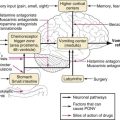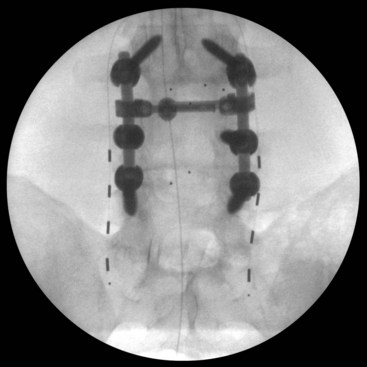Have you ever found yourself lying awake at night, wondering why restful sleep seems elusive? Does it feel like no matter what you do, you just can’t improve the quality of your sleep? If you’ve tried countless methods without success, you may be wondering if there’s something else out there that can help.
One emerging option is neurofeedback, a treatment designed to retrain brain activity. Many people are now turning to this method to address their sleeping difficulties. Searching for neurofeedback therapy near me online is becoming more common as individuals look for effective solutions to improve their rest. But can this technique help people sleep better? Let’s explore how it works and why it could benefit your nightly routine.
Can It Improve Your Sleep Patterns?
The question remains: can neurofeedback lead to better rest? Research and anecdotal evidence suggest that it can. When the brain struggles with stress, anxiety, or other emotional triggers, it may produce irregular patterns that can disrupt sleep. By training the brain to regulate itself more effectively, neurofeedback can help eliminate these disturbances, leading to more restful and consistent sleep patterns.
Moreover, people who have insomnia or who often wake up throughout the night may find relief through this type of therapy. Since it helps address the root cause of poor sleep quality—imbalanced brain activity—many individuals experience long-term improvements in their sleep routines after completing treatment.
How Long Does It Take to See Results?
One of the most common questions about neurofeedback is how long it takes to see tangible changes in sleep habits. The truth is that results can vary from person to person. Some individuals may notice improvements after just a few sessions, while others might need more time. Generally, around 40 – 60 sessions are recommended to achieve optimal results, but it’s important to remember that everyone’s brain is different.
Consistency is key when it comes to neurofeedback, and regular sessions tend to produce better long-term benefits. For individuals searching for neurofeedback therapy,finding a reliable practitioner who can guide them through this process is essential.
What Makes Neurofeedback Different from Other Treatments?
Unlike traditional sleep aids, such as medication or lifestyle changes, neurofeedback directly targets the brain. While sleep medications may provide temporary relief, they often come with side effects and can become less effective over time. In contrast, neurofeedback is a natural, non-invasive way to retrain the brain and promote healthy patterns of activity.
Additionally, neurofeedback doesn’t just mask the symptoms of poor sleep—it addresses the underlying causes, making it a more sustainable solution for those struggling with chronic sleep issues. Other approaches, such as cognitive-behavioral therapy, also help with sleep problems but don’t directly train the brain in the way neurofeedback does.
What Are the Benefits of Neurofeedback for Sleep Improvement?
- Long-term relief: Instead of offering a quick fix, neurofeedback aims to provide lasting improvements.
- Non-invasive: This method doesn’t require medication or surgery, making it a safe option for most individuals.
- Customization: Each session is tailored to the individual’s brain patterns, ensuring a personalized treatment approach.
- Holistic improvement: While improving rest is a primary goal, neurofeedback often enhances overall mental health.
Many people search for neurofeedback therapy near me online and find this technique a viable solution for improving rest. This non-invasive, brain-based approach provides long-term relief for those dealing with sleep difficulties, making it a valuable tool for better overall well-being. By addressing the root cause of sleep disturbances, neurofeedback can lead to more consistent and restorative sleep patterns.





